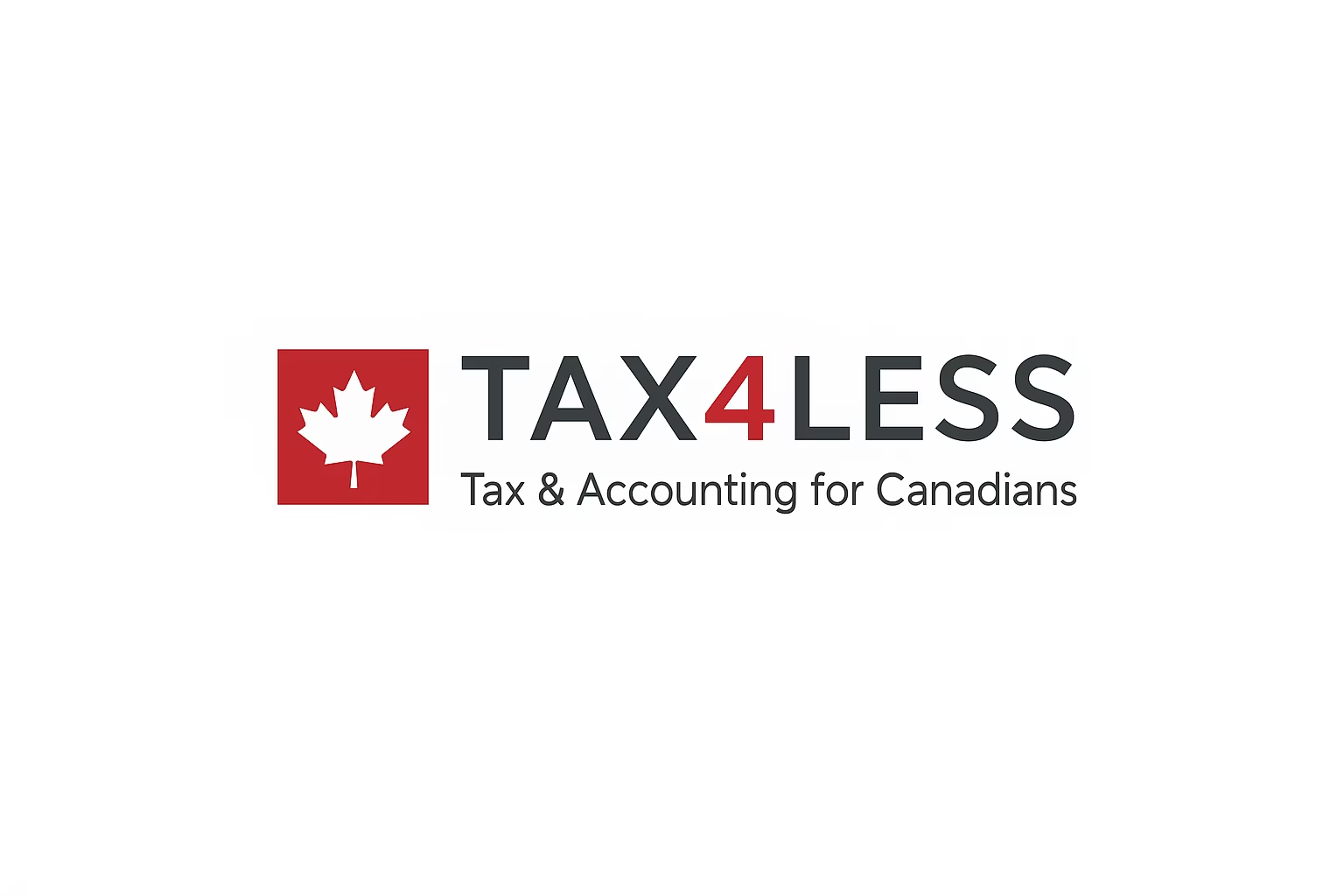Mastering Financial Success: A Guide to Effective Company Budgeting
Company Budgeting:
Company budgeting is a critical component of financial management that empowers organizations to plan, allocate resources, and achieve their strategic goals. Whether you’re a startup or an established enterprise, a well-structured budget is the roadmap that guides financial decisions, ensuring stability and growth. In this article, we’ll explore the importance of company budgeting and provide insights into creating and managing an effective budget for sustained financial success.
The Significance of Company Budgeting:
- Strategic Planning: A budget serves as a financial blueprint, aligning company resources with strategic objectives. It helps businesses set realistic goals, prioritize initiatives, and allocate resources efficiently. By anticipating revenues and expenses, companies can make informed decisions that contribute to long-term success.
- Resource Allocation: Budgets enable organizations to allocate resources judiciously. By understanding the financial implications of various projects or departments, companies can optimize resource distribution, preventing overspending or underinvestment. This strategic allocation fosters operational efficiency and maximizes returns on investment.
- Performance Measurement: Budgets act as benchmarks for performance evaluation. By comparing actual financial results with the budgeted figures, companies can identify variances and take corrective actions promptly. This proactive approach facilitates continuous improvement and ensures that the organization stays on course to meet its financial objectives.
- Cash Flow Management: Effective budgeting helps in managing cash flow, a vital aspect of financial health. By forecasting cash needs and monitoring liquidity, companies can avoid cash shortages and optimize working capital. This is particularly crucial for small businesses and startups that may have limited financial reserves.
Creating an Effective Company Budget:
- Comprehensive Revenue Projection: Begin the budgeting process with a thorough analysis of anticipated revenues. Consider market trends, customer behavior, and historical data to make realistic revenue projections. This forms the foundation for the entire budget.
- Detailed Expense Planning: Identify and categorize all potential expenses, including fixed and variable costs. Break down expenses by department or project to gain granular insights. This detailed analysis helps in identifying areas for cost savings and ensuring that each expense aligns with organizational goals.
- Contingency Planning: Incorporate a contingency fund within the budget to account for unforeseen circumstances or emergencies. This safety net provides financial flexibility and ensures that the company can navigate unexpected challenges without derailing its financial stability.
- Regular Monitoring and Adjustments: A company budget is not a static document. Regularly monitor financial performance against the budget and be prepared to make adjustments as needed. Flexibility is key, and the ability to adapt the budget to changing market conditions ensures its relevance and effectiveness.
Conclusion:
Company budgeting is a dynamic process that demands attention, strategic thinking, and adaptability. It is not merely a financial exercise but a crucial tool for steering an organization toward sustainable growth. By embracing a proactive and comprehensive approach to budgeting, companies can navigate economic uncertainties, optimize resource utilization, and position themselves for long-term success in an ever-evolving business landscape.
